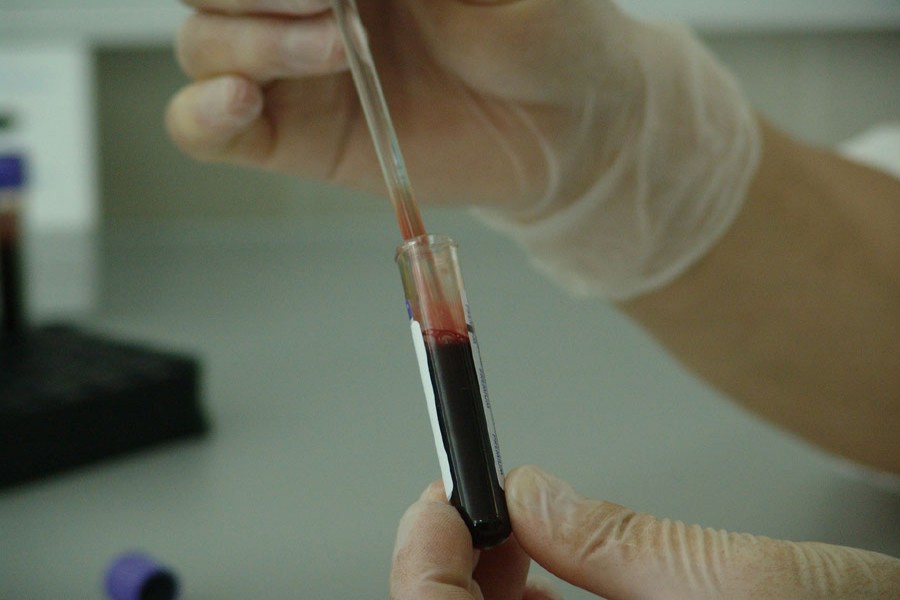Around 14 million people around the world are diagnosed with cancer of many types, according to ASCO (American Society of Clinical Oncology). Some of the recent developments, which are expected to improve cancer treatment across the globe, are discussed below.
Checkpoint inhibitors:
The immune system in the human body contains T-cells which helps fight the cancer cells. However, cancer cells use checkpoints to hide from these T-cells.
Checkpoint inhibitors, immunotherapy drugs, help block the checkpoints on cancer cells and also help the T-cell find the cancer cells.
Monoclonal antibodies:
Antibodies are proteins which are made by the immune system. These antibodies look out for another protein, called antigen, usually on the surface of the cancer cells.
Monoclonal antibodies are formulated in a way that it targets antigens on cancer cells. They help the immune system find cancer or kill cancer using the toxic substance attached to it.
Apotive cell transfers:
This method works by modifying the cells (taken from your blood/tumour) in the lab in a way that it can better be able to fight and attack the cancer cells.
Immune system modulators:
These help to bolster the body's immune response against possible cancer. Examples include interleukins, interferons, etc.
Cancer vaccines
These kinds of vaccines are made from the cancer cells that the doctor takes out from a patient's body and is injected back into the body once it is ready to fight cancer. The vaccines help the body accurately find the cancer cells.
Each of the above methods has taken years of research and are primarily tested several times before being made available to the public.


